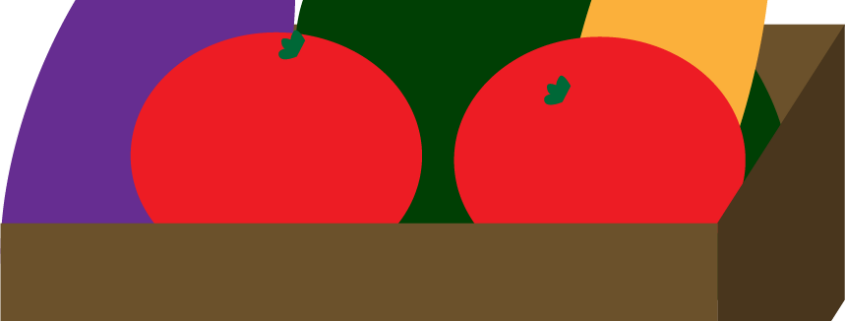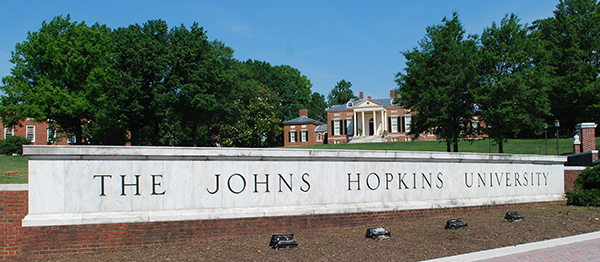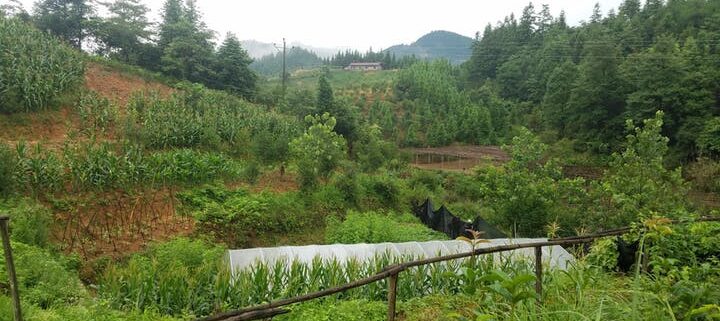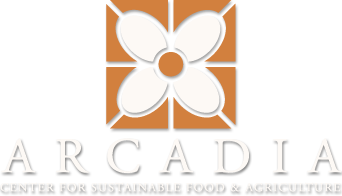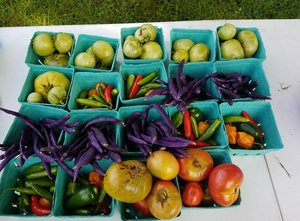Master Permaculture Design Course
June 5-9th, 2019 – Fairfax, VA – Suters Glen Permaculture Farm
with Wayne Weiseman of the Permaculture Project LLC
Already have your PDC and want to take the next step? This course is designed to help you dive deeper into permaculture principles and methodologies.Students will walk away with a completed master design of their property. Class will be 8am-6pm each day with breakfast and lunch included. Early bird tuition until 4/1/19.
Questions? Please contact Christine Harris, [email protected], (804) 502-4655.
More info & registration: https://bit.ly/2t7Hlap
72-Hour Permaculture Design Certification Course
August 31-September 8th, 2019 – Louisa, VA – Heartwood Farm with Wayne Weiseman of the Permaculture Project
LLC Topics include: Permaculture design principles and methodologies; Soil fertility; Organic vegetable production; Native, edible, medicinal and functional plants in the landscape; Climates and microclimates; Alternative energy and natural building; aquaculture, mushrooms, fermentation, herbalism and so much more! Course will be held at Heartwood Farm. Class will be 8am-5pm each day with breakfast and lunch included and some additional evening activities with served dinner. Camping available or accommodations close by. Early bird tuition until 5/31/19.
Questions? Please contact Christine Harris, [email protected], (804) 502-4655.
More info & registration: https://bit.ly/2Gv2SSD
Permaculture breaks down to “perennial” “agriculture.” It’s a way of looking at the landscape, and designing for both ecological and economical viability. For example, when permaculturists look at ways to grow food in their yards, on a farm or elsewhere, they look to the ways that a forest is naturally structured and mimic that to create an “edible food forest” that is comprised of a similar layering structure that a forest has (top canopy, lower canopy, shrubs, herbaceous plants, groundcover, fungi and vines). Not only are they planting edible or native plants just because they like them, but they are planting in ways that allow the system to support itself (ie., incorporating nitrogen-fixing plants, beneficial insect plants, dynamic accumulators like comfrey or stinging nettle which grab important minerals from the soil which they can then use as a mulch and feed the system, etc.) In doing so, they are creating a sustainable agriculture system that is self-sufficient and requires very little work to maintain.
Permaculture is an observation-based system of design, that requires the designer to observe what is happening on their landscape at a deeper level (where is the water, sun and wind moving? how can I direct the water to slow it down and disperse it across my landscape? what microclimates are present? what animals are visiting and where are they going? what are the underlying patterns in the landscape? what plants are already here?) It is a system of sustainable agriculture but also a way of living, of stewarding our Earth and sharing with the community – it has 3 basic principles that the design work is based on 1) Earth Care 2) People Care and 3) Fair Share.
The word “Permaculture” was coined by Bill Mollison in the 1970’s who went on to write the book Permaculture: A Designer’s Manual. In his words:
“Permaculture is about designing sustainable human settlements. It is a philosophy and an approach to land use which weaves together microclimate, annual and perennial plants, animals, soil, water management, and human needs into intricately connected, productive communities.”


